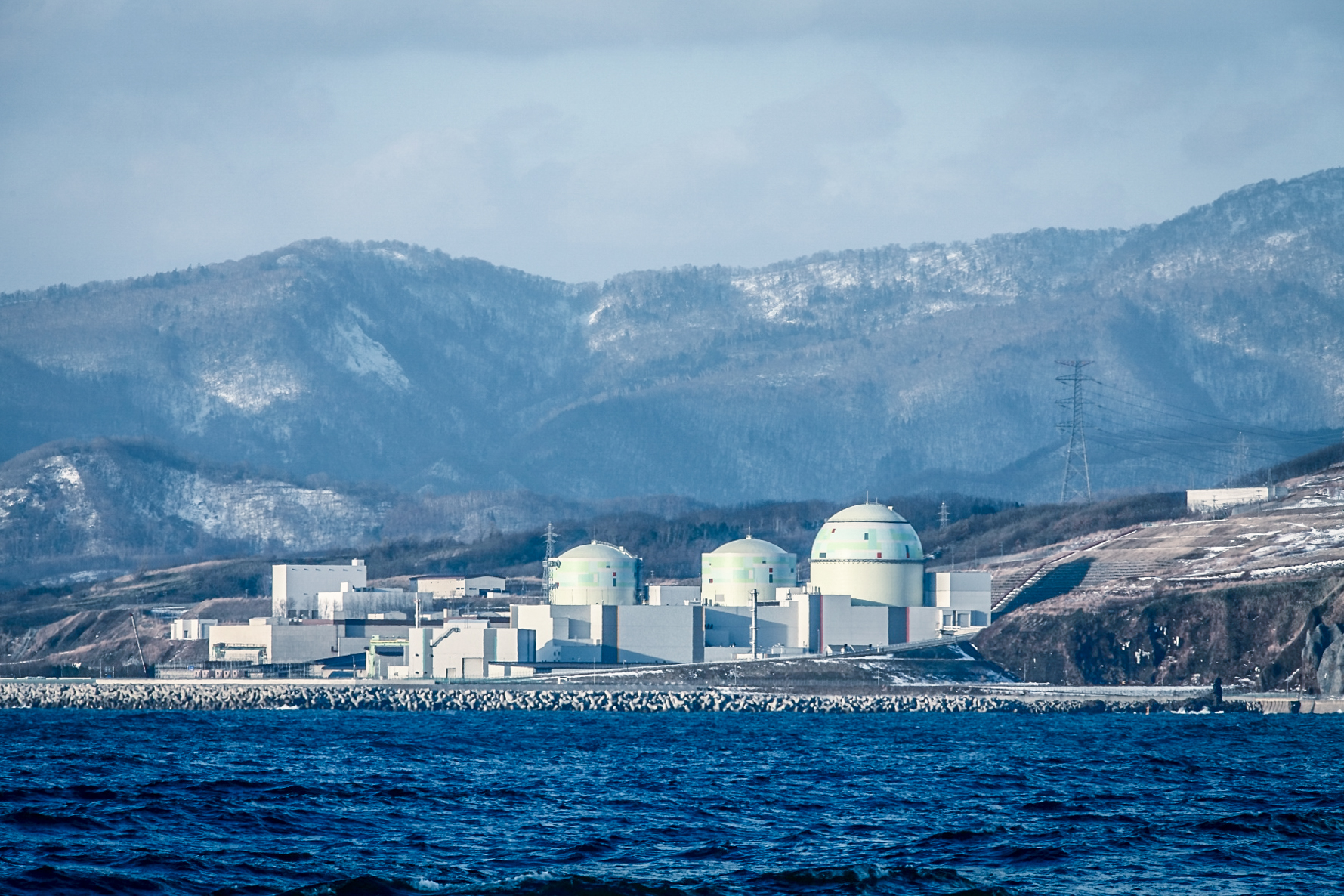The water from the Fukushima Daiichi site, which is currently being stored there, has been treated to purify it of radioactive substances other than tritium to levels below regulatory standards. Before being released into the sea, it will be mixed with seawater to dilute the tritium concentration to less than 1,500 Bq/L, which is 1/40th of the regulatory concentration limit of 60,000 Bq/L, as well as approximately 1/7th of the drinking water quality guidelines of 10,000 Bq/L issued by the World Health Organization (WHO).
Headed by YOO Guk-hee, who chairs South Korea’s Nuclear Safety and Security Commission, the 20 experts in the delegation to Japan visited the Fukushima Daiichi on May 23 and 24. Accompanied by a Japanese group from the Ministry of Foreign Affairs (MOFA), the Ministry of Economy, Trade and Industry (METI), the secretariat of the Nuclear Regulation Authority (NRA), the Tokyo Electric Power Co. (TEPCO), and others, the delegation visited such facilities as the ALPS, the storage tanks, a dilution and discharge facility, and an analysis facility. On May 25, following the visit to the site, the delegation also had a session with their Japanese counterparts to exchange views and opinions.
Although a counsellor from the Nuclear Accident Response Office of the Electricity and Gas Industry Department in METI’s Agency for Natural Resources and Energy (ANRE) did not disclose details from the Q&A session on technical matters that was held with the South Koreans, he said that the delegation had been given access to basically all of the facilities that it had requested.
The Japanese government has staged video conferences and the like on the handling of ALPS-treated water with the diplomatic corps in Tokyo as well as the South Korean government, and will continue to disseminate information and offer visits to the Fukushima Daiichi to build understanding within the international community.
On May 25, TEPCO released a progress report on growth and development tests of marine life (including flounder and abalone) that began last fall. The tests compared sea life raised in ordinary seawater with that raised in ALPS-treated water diluted with seawater.
The power company cited Professor KATO Keitaro, director of the Aquaculture Research Institute of Kindai University, who found “no difference in results between life in a tank of ALPS-treated water diluted with seawater, and that in a tank of ordinary seawater.” The professor added that, from his own experience, “the development [of the organisms] was good, and there was nothing inferior” about it.


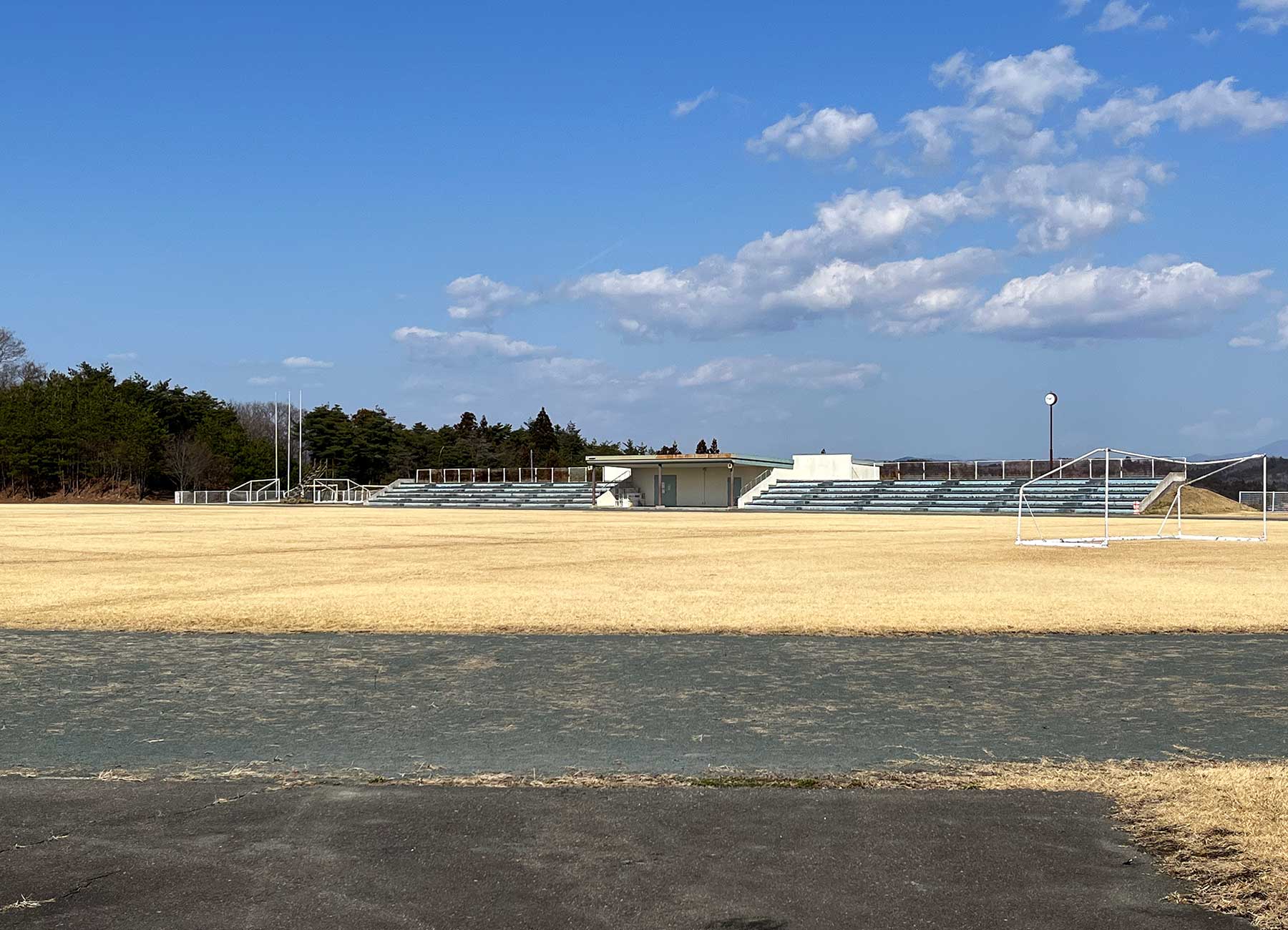
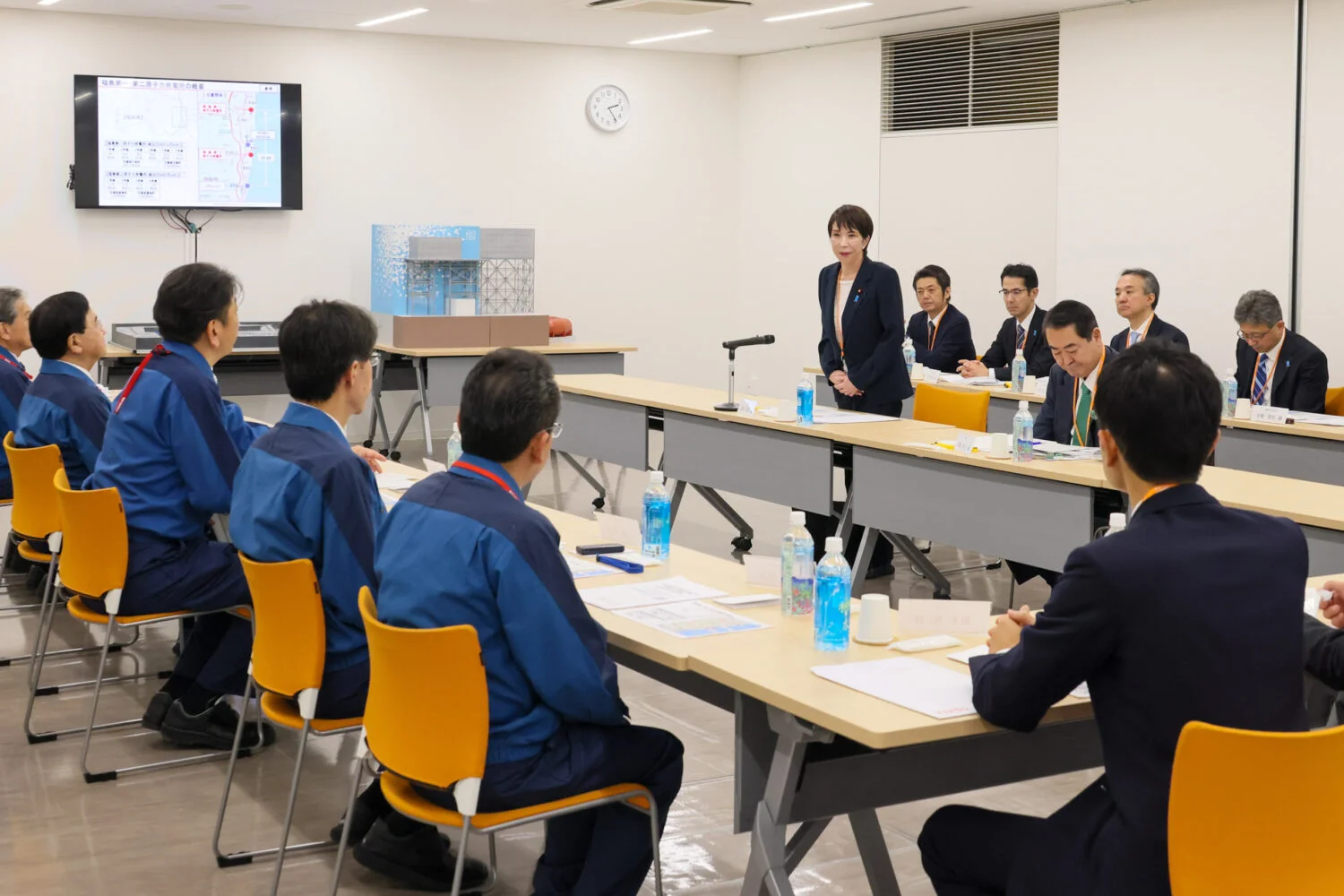


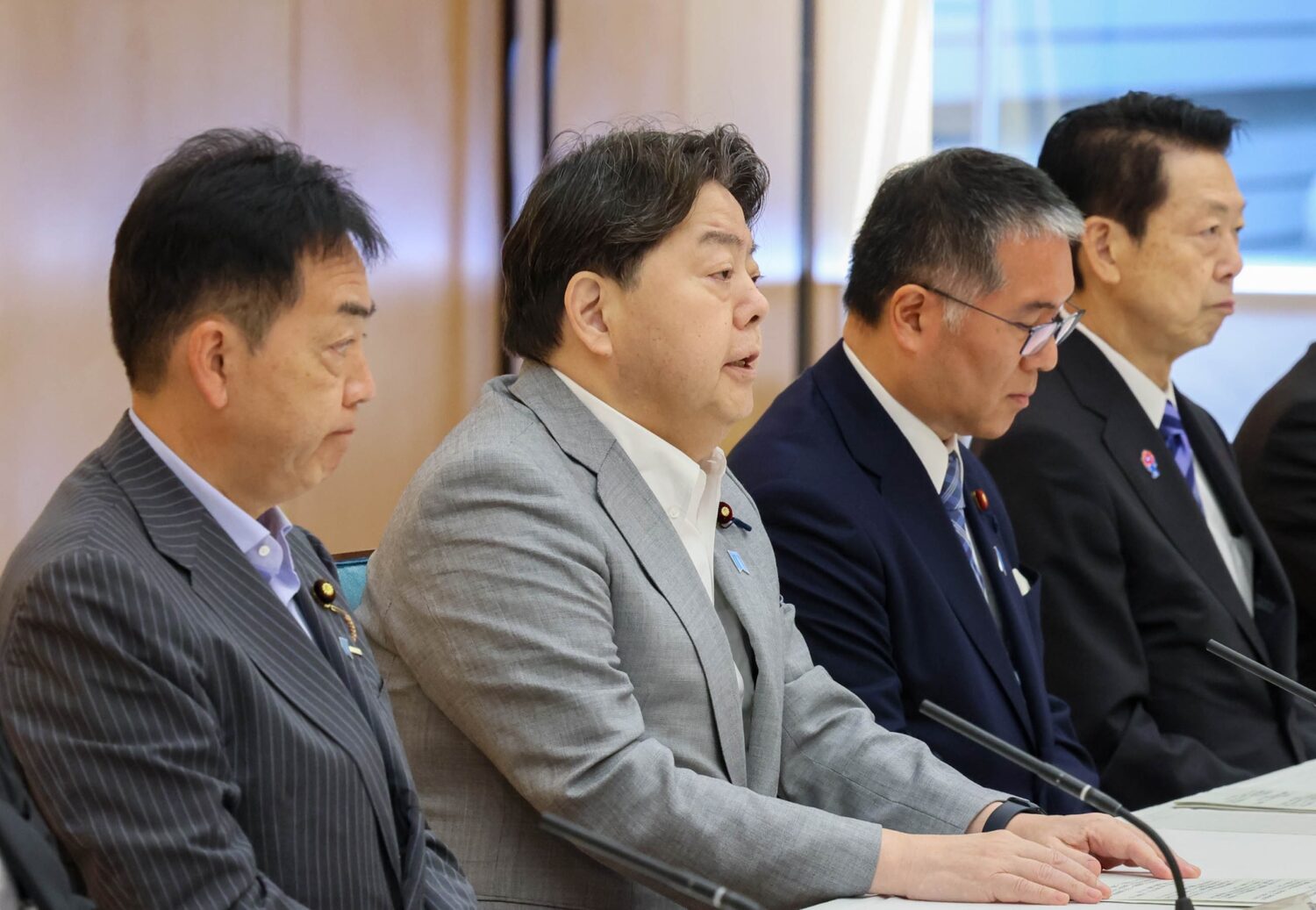
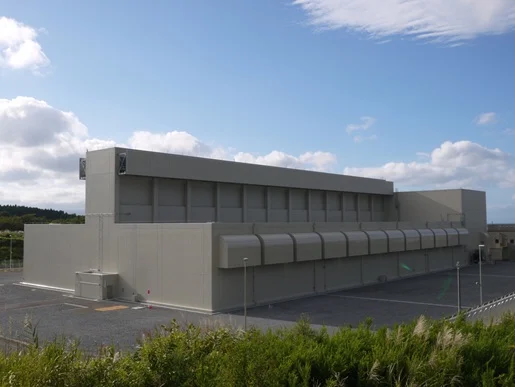

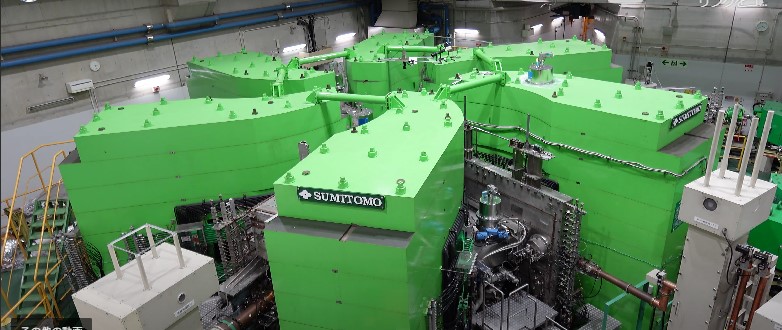


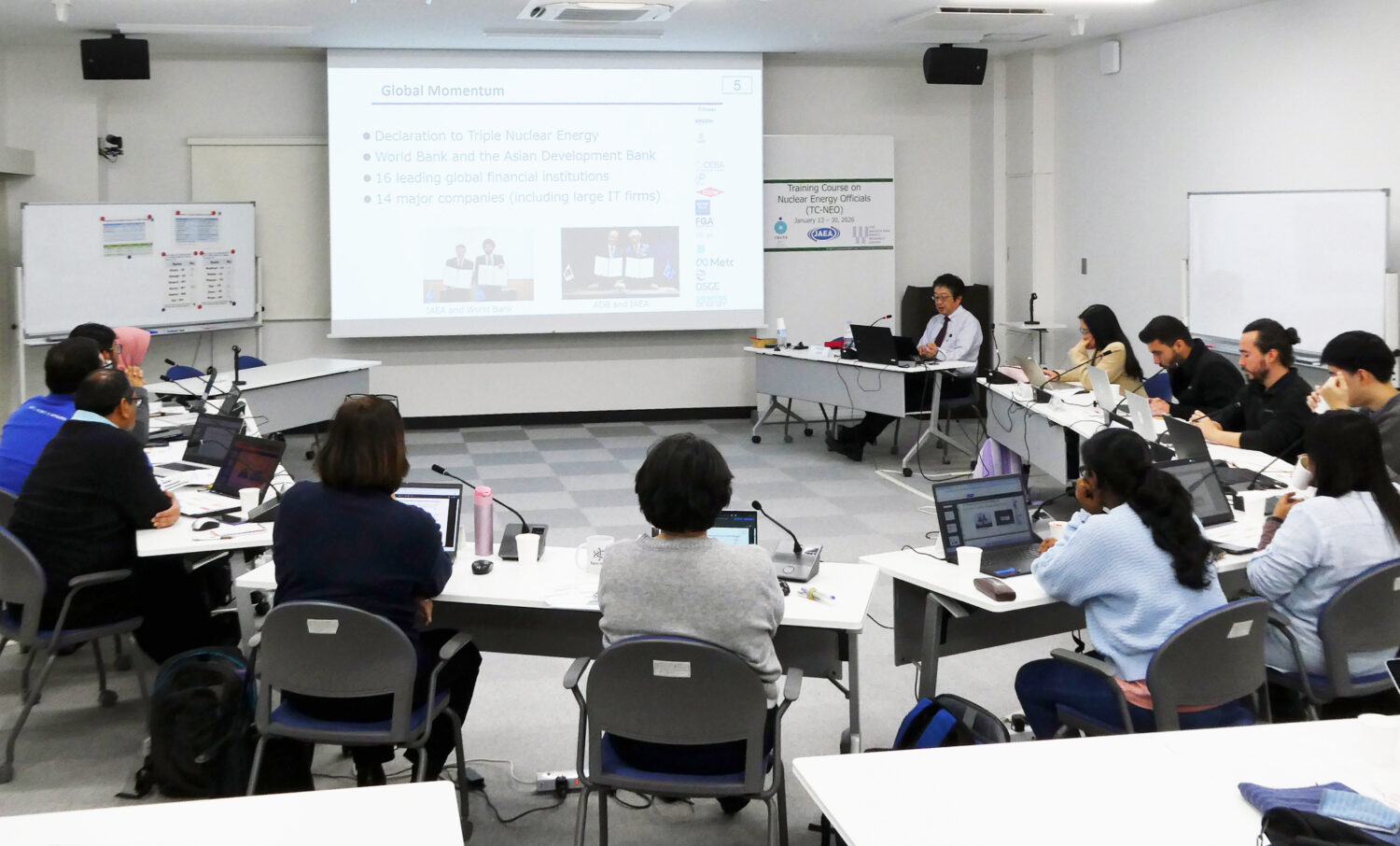
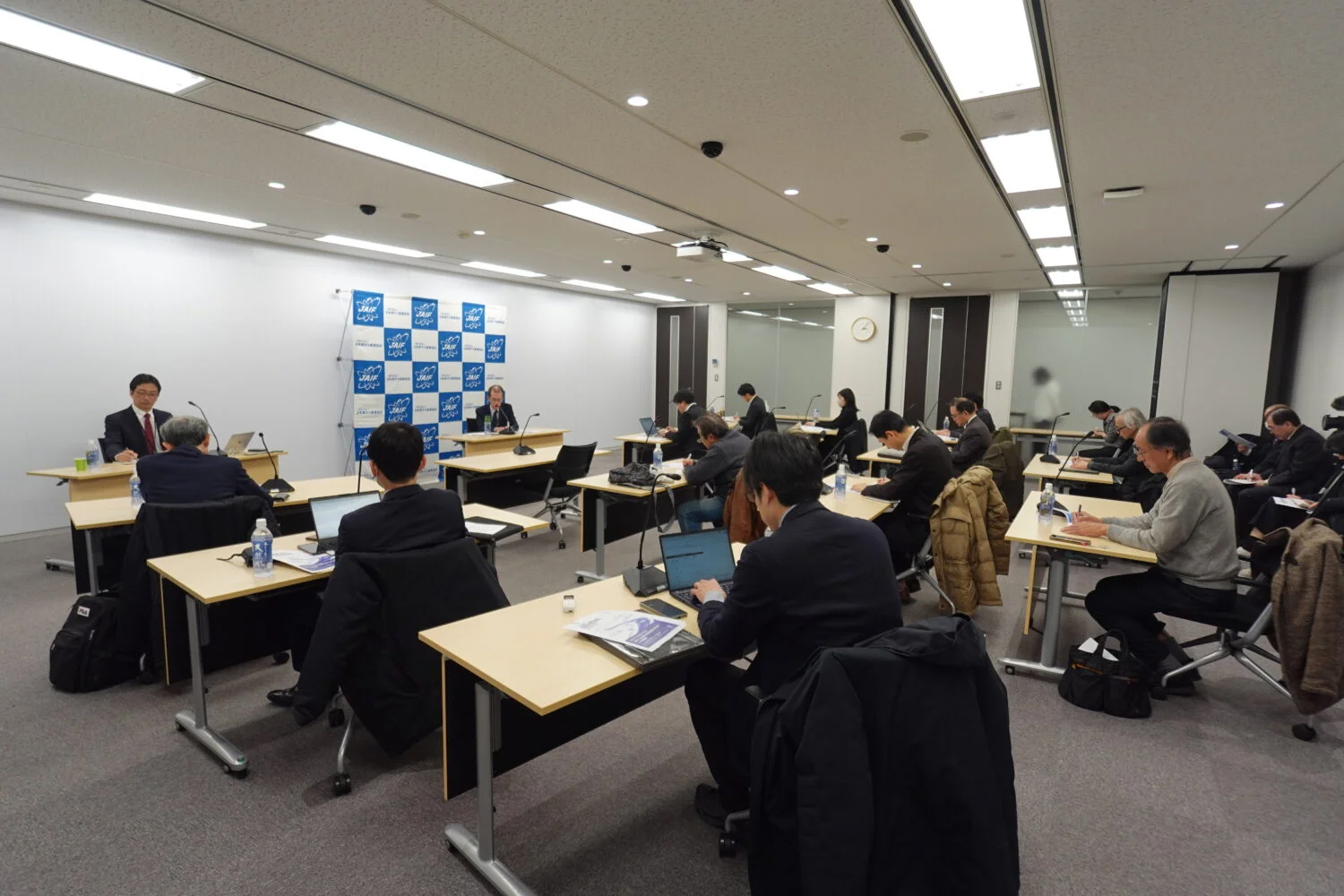
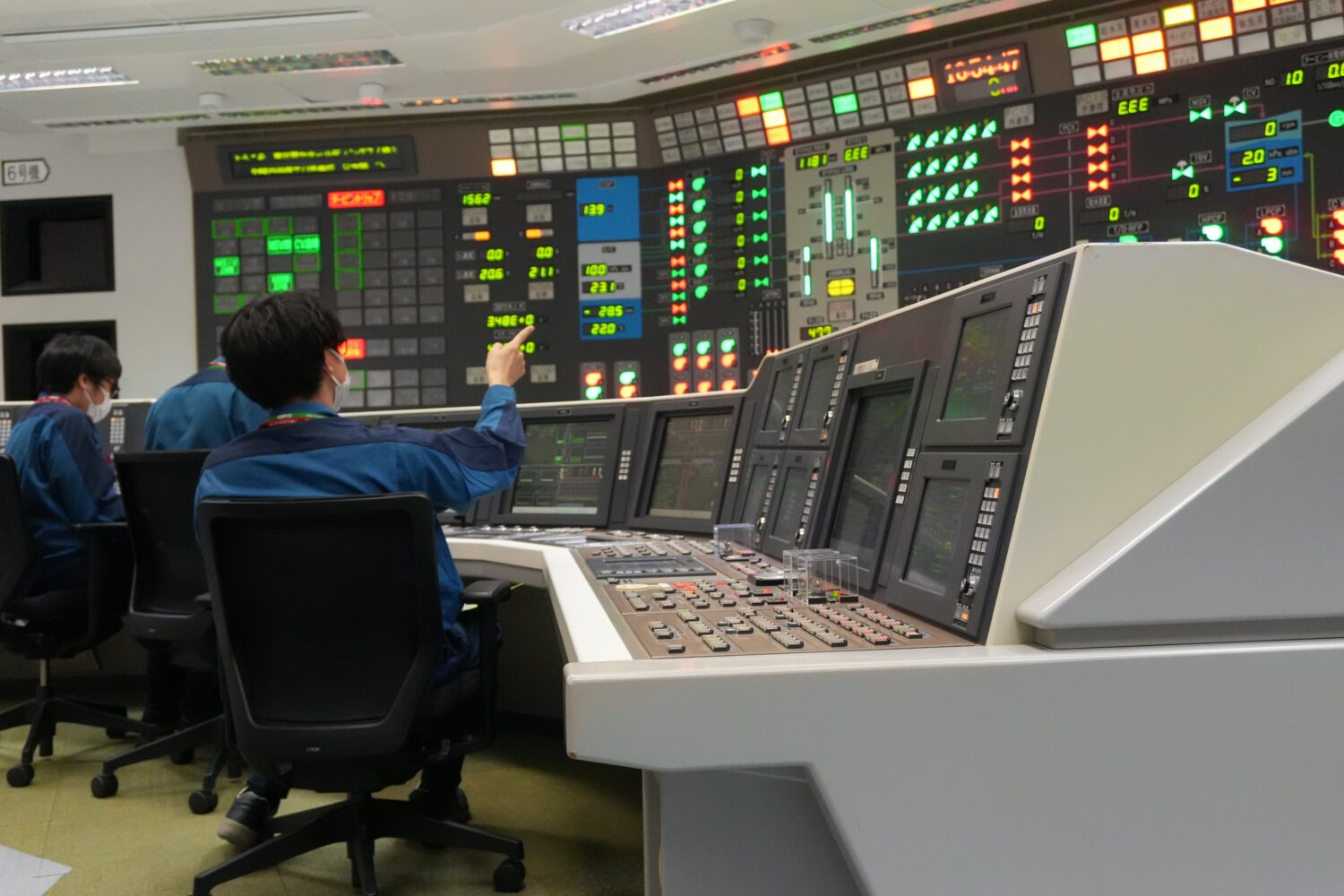
-013.jpg)
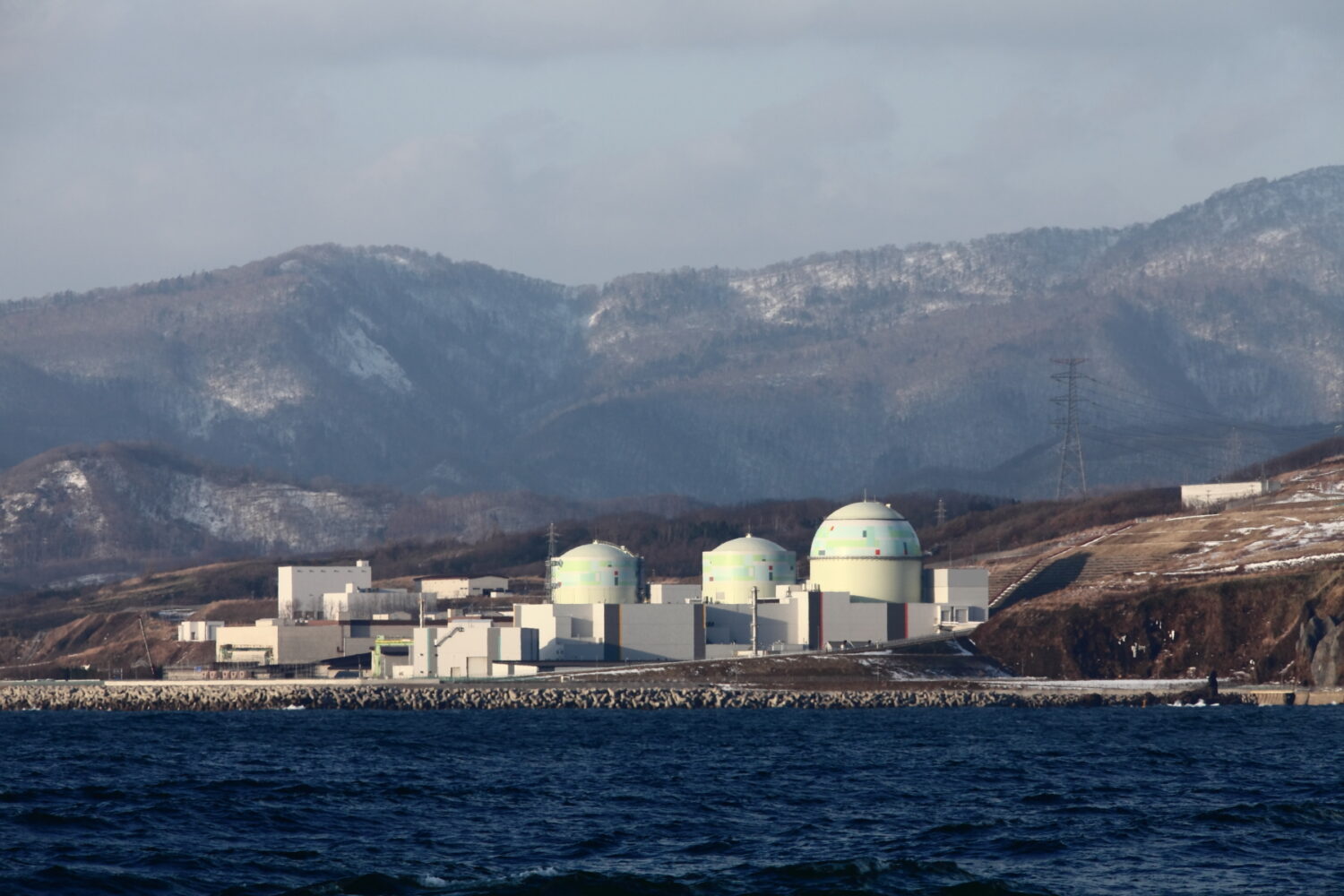
-049.jpg)
.jpg)

